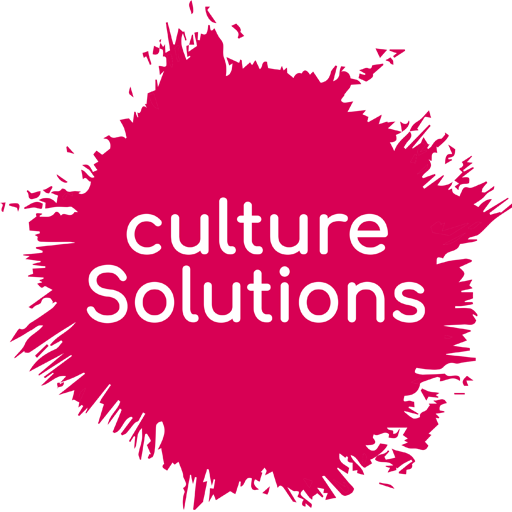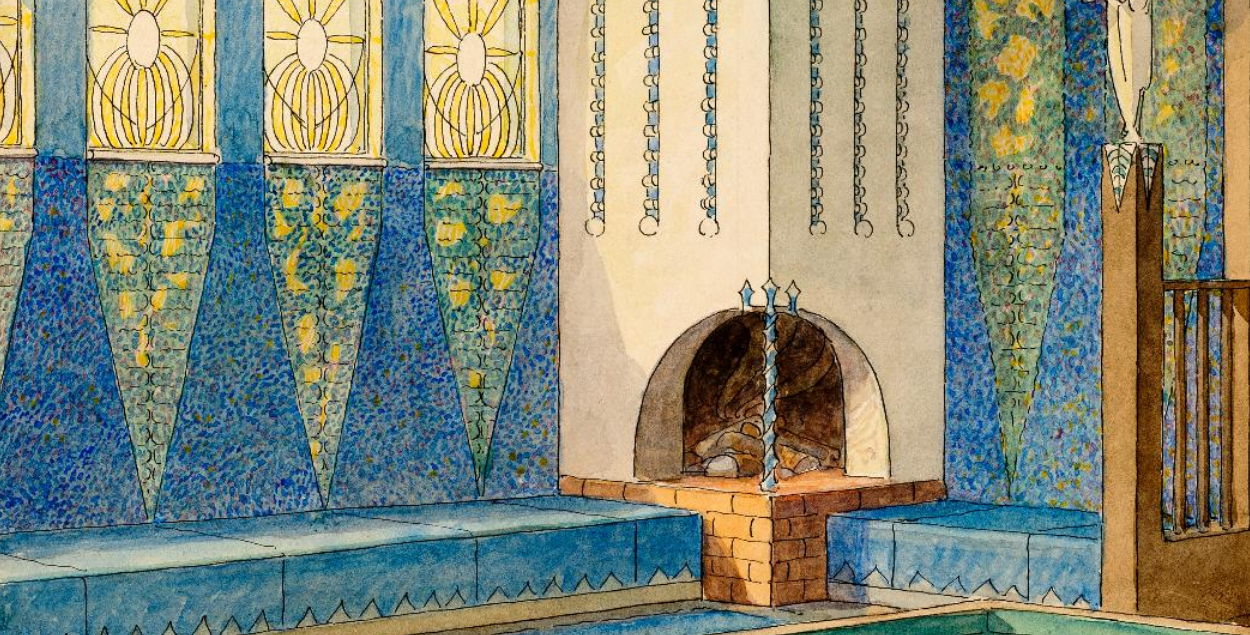Building inclusive spaces for Africa-Europe cultural relations dialogue
By Nicole McNeilly, Gabrielle Bernoville, Valeria Mesía and Celia Zayas
Spearheaded by the European Union (EU) and the African Union (AU), the 2022 Africa-Europe Week and Europe Africa Business Forum (EABF) sought to reinforce culture and other transversal themes (like youth participation) in future Africa-Europe dialogue. This blog furthers our team’s assessment of 26 culture-related events and explores ways to devise inclusive spaces for the Africa-Europe cultural dialogue. We have already reported on our three tips to reset the AU-EU cultural relations partnership and five priorities for international and regional cultural relations programming between the two regions. The rise of new voices and calls for a reset of the Africa-Europe political agenda means that new spaces for inclusive cultural relations dialogue could and should emerge.
#1 Reset the narratives through participatory policy-making
The events of the Africa-Europe Week and EABF unveiled the need to reform the EU-AU political agenda and the power relations and tools that have perpetuated a trust deficit. Bolstering an inclusive AU-EU dialogue invites us to reconsider the connections between culture, cultural participation and the underlying political and social challenges of both continents.
Decolonising the practices and narratives is fundamental to bolster AU-EU cultural relations dialogue and should be made tangible by the co-design and even stronger consultative practices in policy making. Including the voices of European cultural sector professionals involved in relations with Africa outside EU-funded initiatives (and African peers not involved in EU-funded activity) can showcase new narratives and support this shift in mind-sets.
#2 Refresh the partnership with visible leadership and clear responsibilities
Advancing towards inclusive spaces for Africa-Europe dialogue interrogates the terms of the EU-AU partnership. Questions have been raised on representation and leadership in cultural issues on both sides, including, for example, responsibility for the restitution of African states’ heritage in European museums.
Firstly, partnership events must have visible and dense representation from member state diplomats, representatives and public officials. Secondly, beyond the political level, the responsibility of civil society organisations relating to culture must also be clearly set out. Finally, there is a need to foster constructive dialogue beyond the displaying of good practices; for instance, by bringing alternative voices as journalists, academics and researchers into the conversation.
#3 Recompose the practices with practical support and mobility
Establishing new spaces for dialogue and trust building should translate into clear actions and toolkits to support cultural actors’ initiatives. Building on existing success stories, the co-creation of new meeting places and cultural spaces for cultural actors to create partnerships and initiate dialogue could be foreseen through a #TeamEurope approach. Such efforts should include networking, peer learning and knowledge sharing opportunities to equip cultural practices.
The Europe-Africa agenda should improve access to mobility opportunities: in particular, there is a need for a positive rights-based mobility framework that would facilitate easier travel between Africa and Europe.
Final thoughts
Ensuring fair access to funding, fair representation and fair access to mobility opportunities invites all those involved in Europe-Africa relations to consider:
- The empowerment of existing EU-led structures such as EUNIC Clusters, national institutes and EU Delegations – and their transformation into even stronger spaces for dialogue
- Looking at digital content platforms which are not yet subject to rules that protect the diversity of cultural expressions, and the implications this may have as digital consumption rises;
- The capacity-building and leadership development of cultural actors, including through mentorship;
- Renewed and widened financial support to foster fair access to mobility for creators;
- The creation of an inclusive and sector-led working group to create criteria for good practice in international collaboration and in sustainable ICR;
- The creation and support of opportunities for South-South cultural cooperation; and
- An additional scheme for mobility to engage the trainers.
Take a look at the Africa-Europe Week and Europe Africa Business Forum event recordings! Also, don’t miss out the next blogpost of the series in which we discuss the main trends in EU-AU cultural relations by positioning them along what we have observed to date with EU and Africa, Caribbean and Pacific relations.
The views expressed in this article are personal and are not the official position of culture Solutions as an organisation.
Photo credits: Gesellius & Saarinen. Writer Paul Remer´s home, Molchow-Haus, Alt Ruppin, Mark Brandenburg, Germany, perspective drawing of billiard room, 1905. Museum of Finnish Architecture. CC BY.

